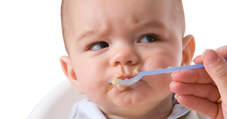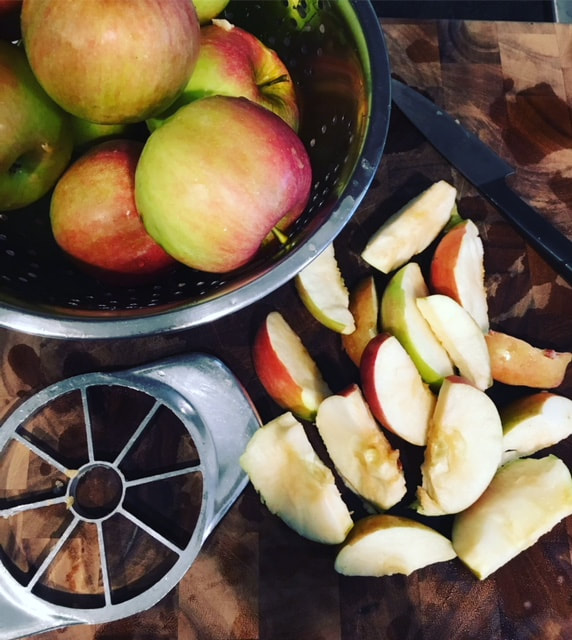0 Comments
 As new parents, this study hit all too close to home. Now that Liam is eating solids, we are always thinking about what we are putting in his body- low salt and sugar, organic produce, well-balanced meals, etc. At 6 months, we jumped right into solid food and decided to follow a Baby Led Weaning approach. We have enjoyed watching Liam explore different tastes and textures while getting the nutrition he needs to nourish his little, growing body. Although we prefer the ease of feeding him what we eat instead of preparing him a separate meal or spoon-feeding him jars of baby food, there are times when we are on the go or need something quick, and premade baby food is simply the easy option. Therefore, we also have a cabinet stocked full of pouches, puffs and teething crackers. All organic and BPA free brands such as Happy Baby, Plum Organics and Earths Best. So we were quite shocked and disappointed upon the news of this latest study by the nonprofit organization, The Clean Label Project, which has recently tested and found high and possibly unsafe levels of lead, arsenic and BPA in many of our favorite baby food brands. According to an article published by USA Today, many organic baby food brands and formula are not as safe as these companies have led us to believe. "The Clean Label Project, a nonprofit advocating for transparent labeling, tested baby food, infant formulas, toddler drinks and snacks purchased within the past 5 months. The group, which did not publish findings in a peer-reviewed journal, looked at top-selling formulas and baby food using Nielsen data, and also included emerging national brands. After about 530 baby food products were tested, researchers found 65% of products tested positive for arsenic, 36% for lead, 58% for cadmium and 10% for acrylamide. All of these chemicals pose potential dangers to developing infants". You can read the full article here Visit the Clean Label Project website here where you can find a list of the best and worst performers based on their state of the art laboratory testing. While alarming, do not panic! It is unlikely that the amount of baby food the average baby eats would contain enough of these chemicals to do longterm damage. Unfortunately, arsenic and lead occur naturally in our environment and we will all be exposed to a certain amount in our lifetime. Rather, this information should help you make better decisions about what you put in your children's mouths to limit their exposure as much as possible and provide them with the healthiest diet we can. We also need to think about holding the food industry accountable and not letting them get away with misrepresenting data on their packaging to make their products more appealing, especially when this food is being given to the most innocent and vulnerable group in our society- our babies. -Clugston Chiropractic |


 RSS Feed
RSS Feed